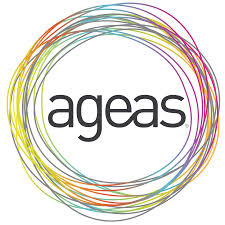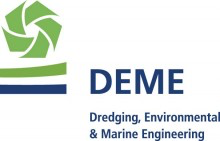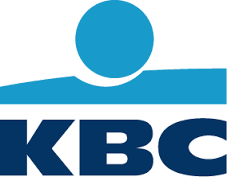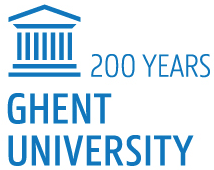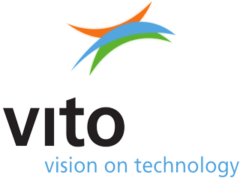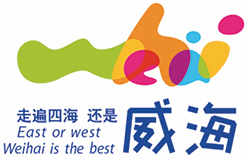China relaxes travel restrictions as few new Covid cases reported
February 16, 2021 Category ![]() Health, Weekly
Health, Weekly
As China reported no new domestically transmitted Covid-19 cases in the run up to Chinese New Year on February 12, several cities eased travel restrictions, allowing people with a green health code to travel more freely. The two airports in Beijing also adjusted their entrance policies, allowing passengers to use digital health codes recognized anywhere in the country, not limited to Beijing, as per original requirements. Ordinary people from Covid-19 low-risk regions are not required to undergo nucleic acid tests before traveling within or outside their residential province as a green health code will be sufficient. On February 14, a single new domestically transmitted case was reported in Hebei province.
The latest round of infections started with one case in Sichuan province on December 17, 2020. A total of 2,071 confirmed domestic cases were reported till February 7, when no new cases were reported. The hardest hit area in this outbreak was Hebei, the province surrounding Beijing.
As more Covid-19 vaccines come to market, China is also focussing on the transport of vaccines. On February 2, the Ministry of Transport qualified 28 logistic companies for Covid-19 vaccines transportation, of which 15 are professional third-party pharmaceutical cold chain logistics enterprises. “Our company provided different sizes of refrigerators for vaccines to international customers,” a manager of CIMC Cold Cloud Supply Chain Management (Beijing) Co, told the Global Times. The company has refrigerators ranging between 4 liters and 3,000 liters. A 130-liter refrigerator can hold 1,000 doses of Covid-19 vaccines. Currently, the most commonly used refrigerated vehicle in the Chinese market is the 6.2-meter model, with a loading capacity of around 35 cubic meters, according to research by the Healthcare Logistics Association of China (CHLA). China has more than 10,000 special refrigerated vehicles for the cold chain of medicine and the country can refit about 50,000 refrigerated vehicles annually, which can be further expanded according to demand. The monthly actual operating mileage of cold-chain vehicles is about 15,000 kilometers. From September 2020 onwards, the CHLA has carried out a survey showing that about 70% of the enterprises plan to add new refrigerated vehicles in 2021, increasing the number by about 20%, the Global Times reports.
A new vaccine candidate developed by CanSino Biologics and PLA General Chen Wei of the Academy of Military Medical Sciences is a one-shot vaccine which can be stored at temperatures between 2ºC and 8ºC, which is much higher than for example the Pfizer vaccine. CanSino’s vaccine showed 65.7% efficacy in preventing symptomatic cases and a 90.98% success rate in stopping severe disease, according to preliminary results. It is an Ad5-nCoV-based vaccine.
The Huanan seafood market in Wuhan may not have been the original site of the Covid-19 outbreak, and samples of bats and pangolins did not provide evidence of the coronavirus origin. It is extremely unlikely that the virus leaked from a lab in Wuhan, according to a report jointly published by experts from China and the World Health Organization (WHO). The WHO experts who visited Wuhan also said the search for the origin of the coronavirus will not be limited to any single location and would continue outside China. The virus was most likely introduced from an intermediate host to humans. The virus could also have been transmitted from frozen food, Peter Ben Embarek, a Swiss food safety scientist leading the WHO team, said at a WHO press conference in Wuhan. Antibody testing of 11,000 samples from animals, including pigs, cows, goats, chickens and ducks came back negative, and swab testing of 12,000 samples from different animals was also negative, meaning the intermediate host between bats and humans has not been found yet. Peter Daszak, the head of the New York-based EcoHealth Alliance and a member of the WHO team, told the Global Times that the next location for their investigation is Southeast Asia.
Several cities in China have issued consumption vouchers and offered a number of benefits to bolster consumer confidence during the Spring Festival holiday. Beijing released digital consumption vouchers worth CNY40 million on six e-commerce platforms, starting from February 12. Hangzhou in Zhejiang province, home to several e-commerce companies, decided to give CNY1,000 per person staying in the city during the holidays. Tech hub Shenzhen in Guangdong province offered free vocational training to workers staying in the city during the holidays. China’s per capita disposal income grew 2.1% in 2020 after adjusting for inflation, but the per capita consumption expenditure dropped 4% year-on-year, the National Bureau of Statistics (NBS) said.
- KURT VANDEPUTTE (UMICORE) APPOINTED CHAIRMAN OF THE BOARD OF THE FLANDERS-CHINA CHAMBER OF COMMERCE (FCCC)
- Webinar: “Knowing Your Chinese Partner” – May 26, 2021, 10 am – 12 am
- EMA starts rolling review of CoronaVac, WHO approves Sinopharm vaccine for emergency use
- The Global Times warns not to politicize the Comprehensive Agreement on Investment (CAI)
- Hainan to become biggest duty-free market in the world



